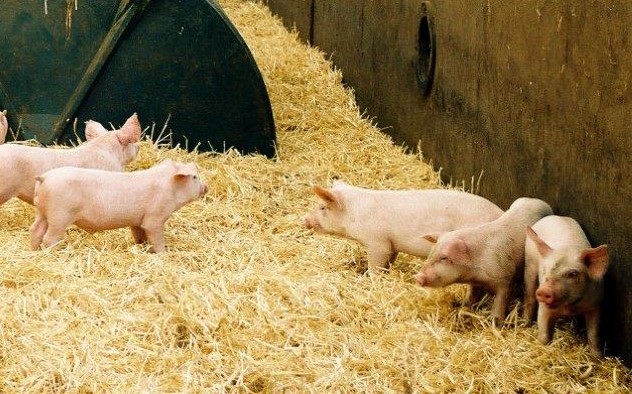28 March 2022.

Pig owners are urged to be on the alert for any signs of Japanese encephalitis in their animals, following the confirmation of the disease at a second piggery in Queensland.
With the virus circulating in mosquitoes and transmitting to both animals, water birds, and people through mosquito bites, producers need to be vigilant.
Producers are encouraged to update their biosecurity entity with total on-property pig numbers to ensure their details are up-to-date so they can be contacted in the event of a biosecurity emergency.
Signs in pigs
The most common clinical signs are mummified fetus and stillborn or weak piglets, some with neurological signs. Piglets infected after birth can develop encephalitis which presents as paddling or other neurological signs in the first six months of life.
In other cases, wasting, depression or hindlimb paralysis may be seen in suckling piglets and weaners. Adult sows do not typically show signs of disease.
If boars are present on farm, they may experience infertility and oedematous, congested testicles.
If you see any signs of Japanese encephalitis in your animals, immediately contact your veterinarian, Biosecurity Queensland on 13 25 23 or phone the Emergency Animal Disease Watch Hotline on 1800 675 888.
Mosquito control options
Management that only relies on controlling adult mosquitos is not effective.
Producers are recommended to apply an integrated mosquito management approach that targets all stages of the mosquito life cycle using a combination of non-chemical and chemical methods.
It is recommended you monitor mosquito numbers daily.
Do not apply chemicals that are not registered for use on pigs, pig feed, surfaces pigs may contact, or in a way that might result in chemical drifting onto pigs. Seek professional advice if you are unsure about how to use a chemical.
For more information, read about controlling mosquitoes in piggeries on the Farm Biosecurity website.
Human health advice
Queenslanders are encouraged to take necessary steps to prevent being bitten by mosquitoes.
Read more information from Queensland Health.
Please note, Japanese encephalitis cannot be transmitted from animal to person or person to person.
Nor is it a food safety concern. Commercially produced pork meat or pork products are safe to consume.
More information
- For information related to animal health, visit Business Queensland - Japanese encephalitis.
- For information related to public health, visit Queensland Health - Japanese encephalitis
For information on the Australian Government’s response to Japanese encephalitis, visit Department of Agriculture, Water and the Environment.

